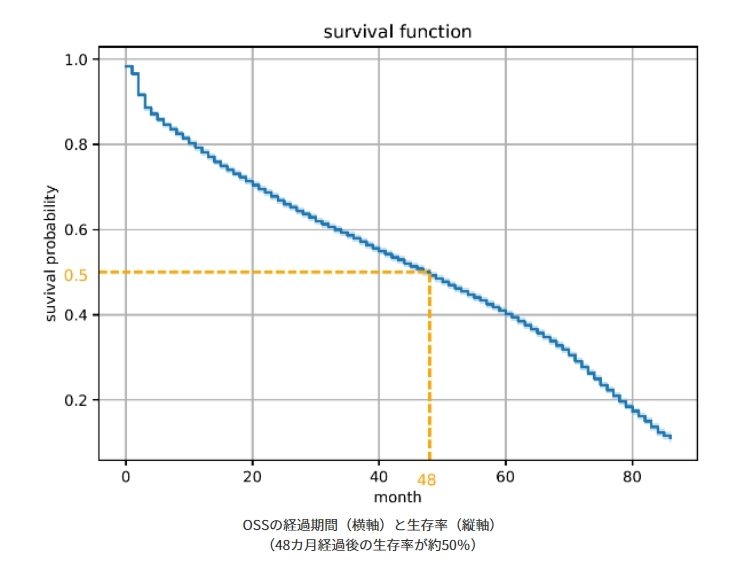In Japan, NTT and Kyushu University have just published a report entitled “Myths and Facts about Free Software”, which examines and analyzes “six myths” surrounding the free software community, here called OSS for Open Source Software.
The initiative focuses on how free software is developed by developer communities. The study is based on approximately 40,000 pieces of data from the “GitHub” repository (covering more than 400,000 developers and 2.3 million communication threads.
Myth 1: Communication within OSS communities is slow
Regardless of the type of discussion, about half of communications last less than four hours. OSS communities therefore communicate as quickly, or even faster, than developers of proprietary solutions.

Status of OSS community communication (Source: NTT/Kyushu University).
Myth 2: OSS communities never sleep
The OSS community activity time zone is skewed toward North American office hours.
As a result, during the late hours of the night in North America, members of the OSS community around the world are also inactive, since they have less incentive to react.
Myth 3: OSS communities are not reliable over time
The probability of survival of an OSS community at four years is greater than 50%.
Half of the OSS communities active today will therefore probably continue to be active in four years.

Survival rate of OSS communities (Source: NTT/Kyushu University).
Myth 4: OSS communities are invincible against hackers
Even in OSS communities with many developers, it typically takes three months to resolve vulnerabilities.
OSS communities can therefore be left behind by hackers.
Myth 5: The OSS community responds quickly to requests
Most bug fix and feature requests in the OSS community are resolved within two weeks.
In contrast, a quarter of requests take more than three months, and response times vary considerably between communities.
Myth #6: Participants in OSS communities are only top-tier developers
Roles in OSS communities are varied and not limited to programming.
Some people in the OSS community just react to other people’s comments.
“There is a common belief that the OSS community is a utopia. This is the first systematic study of OSS activities using such large datasets, and the results are considered very reliable. The contents of the survey “is also very revealing of the new working methods that will be used in the future in companies and organizations” indicates one of the authors of the study, Professor Naoyasu Ubayashi, from Kyushu University.
Source: “ZDNet Japan”
